
How To Maximize Your Efficiency As A Filmmaker
One of the most difficult parts of being a professional filmmaker is effectively managing and budgeting your time.
Continue Reading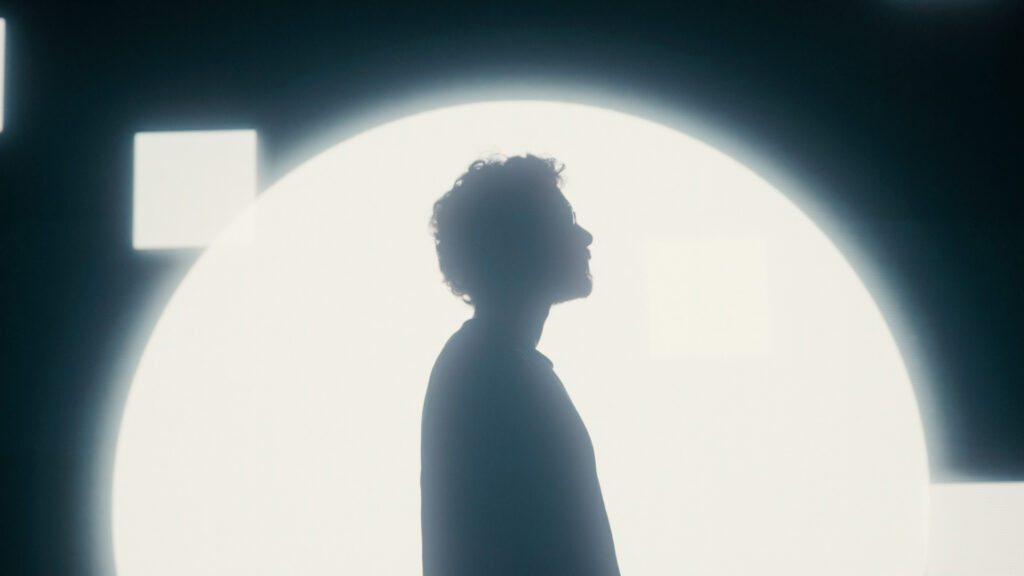
AI technology is here, and it’s here to stay.
For those of us in video production, the biggest question is this:
“How will AI tools affect my job as a video editor?”
Anytime a new type of technology emerges into the world, especially one with the potential ramifications of artificial intelligence, it’s only natural to wonder and worry about how it will affect the workforce.
Will AI become capable of producing high-quality video content and make me obsolete? Will post-production, animations, and color correction become an automated process with an algorithm? Will my toaster learn how to run a camera better than me?!
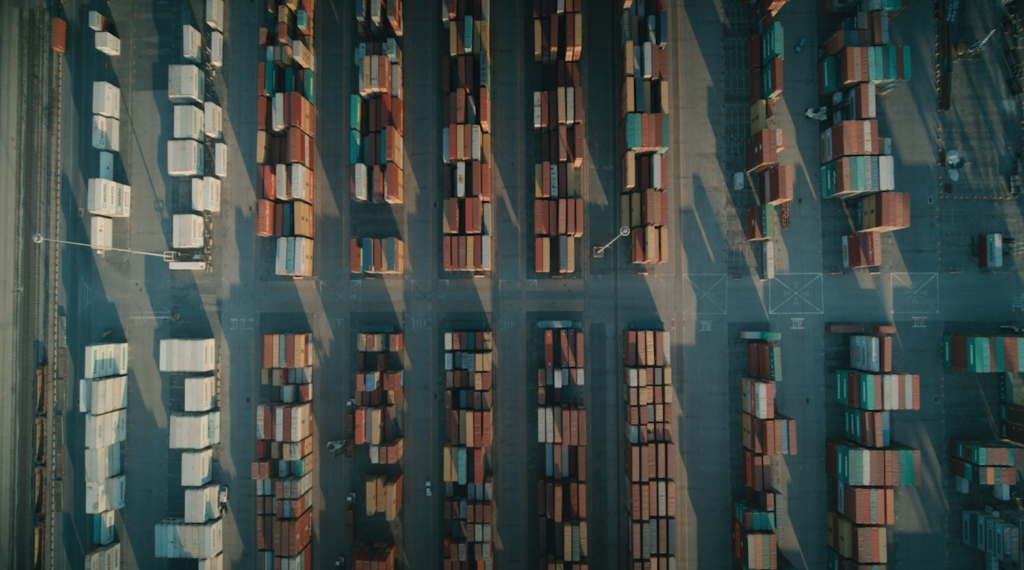
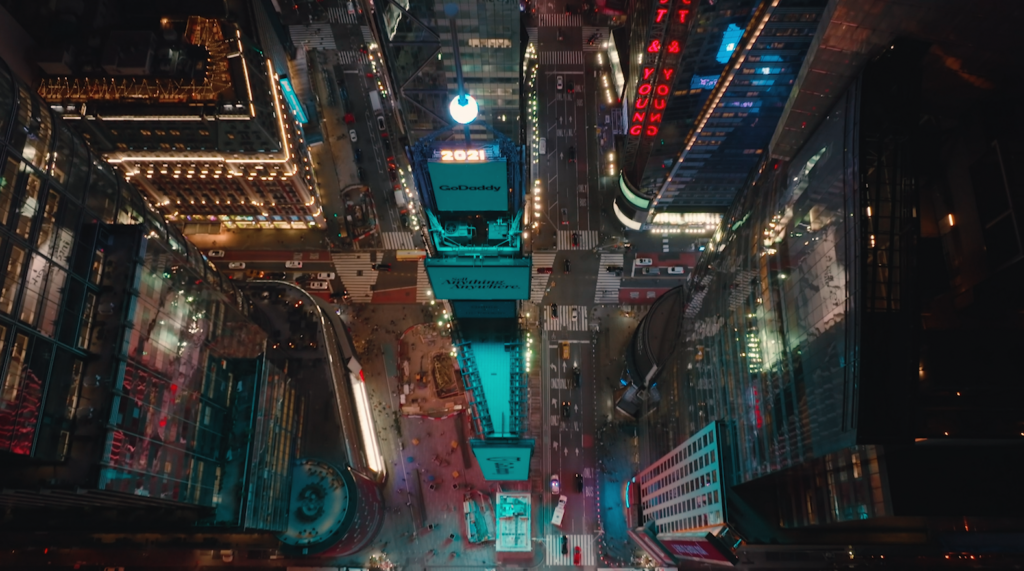
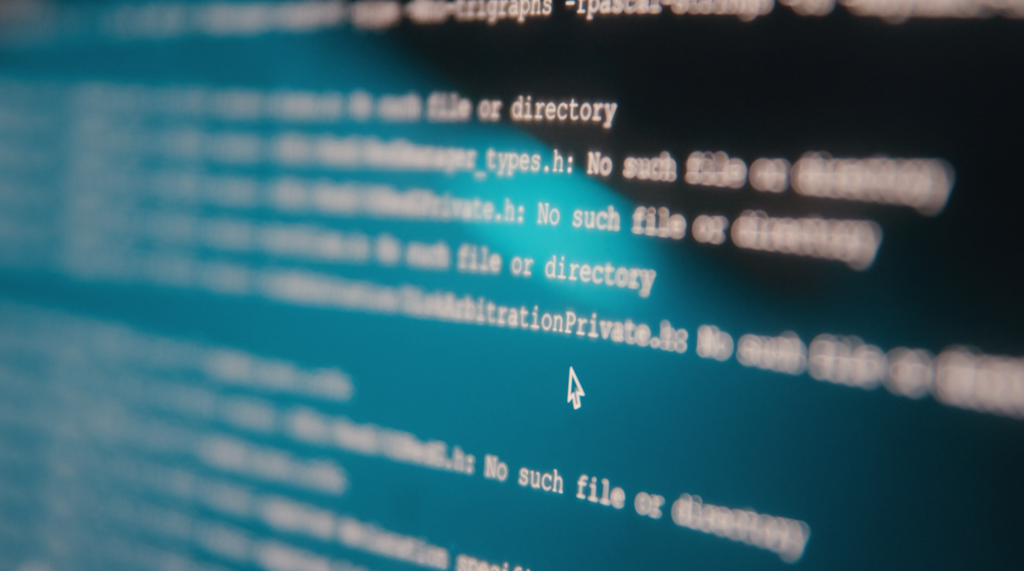
As a filmmaker and music composer, I’ve had all of these same reservations about the emergence of AI, and its effect on the value of human creativity. And while a healthy amount of analysis and critical thinking is good when it comes to change, I do think it’s important to take a step back and put this particular development into context.
Imagine, for a moment, that you’re a retail worker in 1994. All of a sudden, this crazy thing called “The Internet” comes into existence. And in 5 years, over 300 million people are logging on. “Online stores” become mainstream, where shoppers can purchase items from their home without ever having to set foot into your store.
Would you be terrified? I certainly would be. At first.
And it’s true that the internet has slowly had a negative impact on brick-and-mortar retail stores. But do you know what it’s also done? It’s sparked worldwide innovation and created millions of newer (and better) jobs.

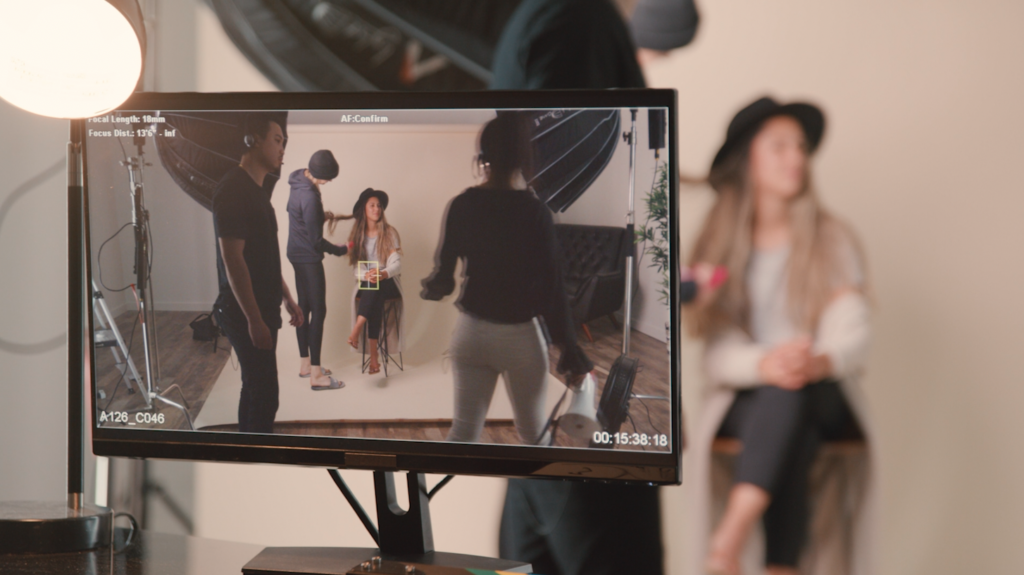
Some of the largest employers are internet-based companies. You can now use the internet as a tool to learn new skills and trades and gain access to knowledge you never would have dreamed of before. You can even use the internet to network and seek out jobs themselves.
It’s unquestionable that the internet created more opportunity than it took away, but the people to really capitalize on this opportunity have been the ones who have adapted and embraced the new technology, rather than rejected it.
It’s ok to have a personal opinion on the effects of the internet and social media on society. But you also need to recognize the practical role that the internet plays as a tool for you to use to make advancements in your own life.
I believe that AI technology should be viewed with this same lens.
History is full of these types of advancements; everything from the tractor to the telephone had large, positive impacts on the global workforce.
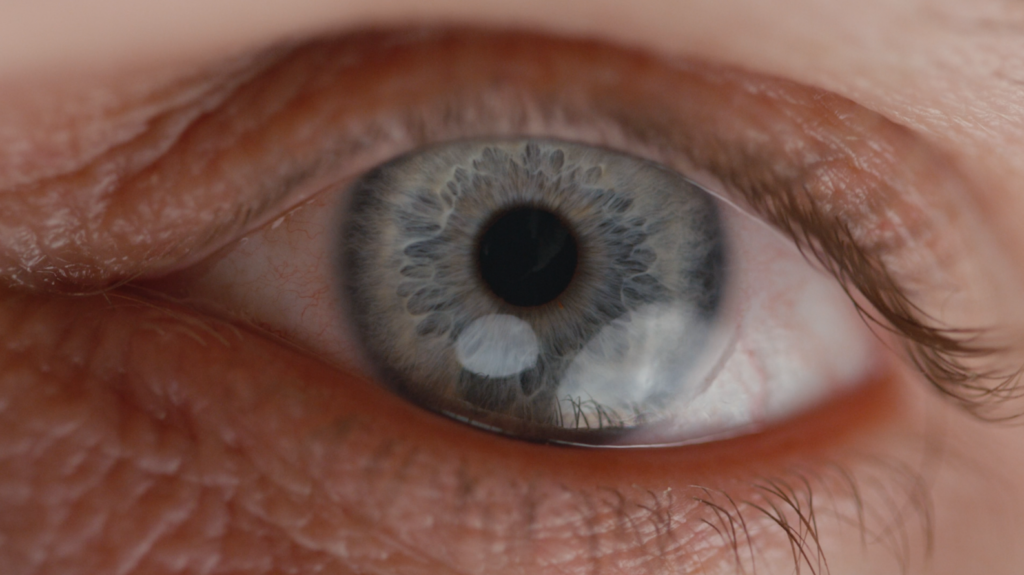
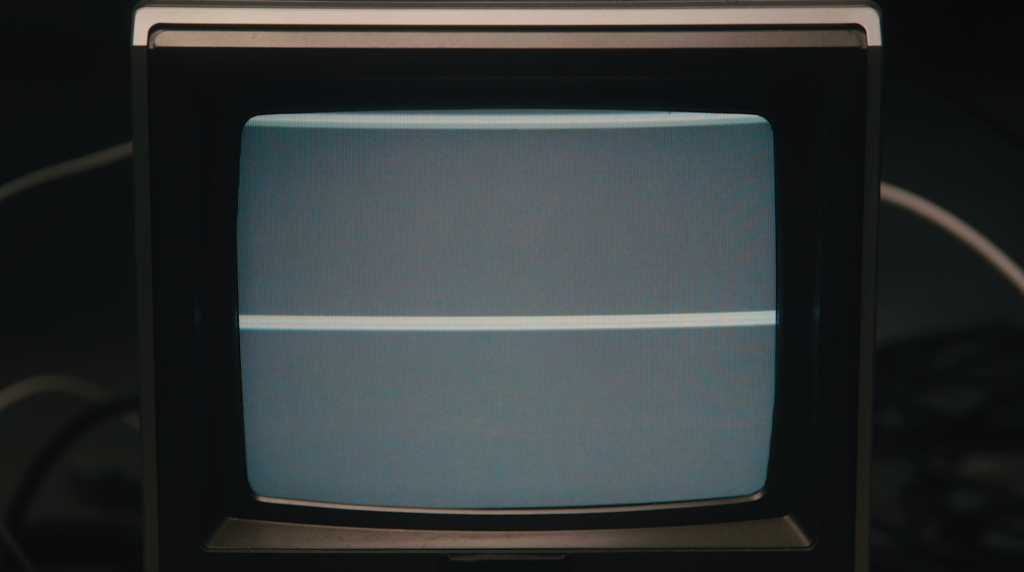
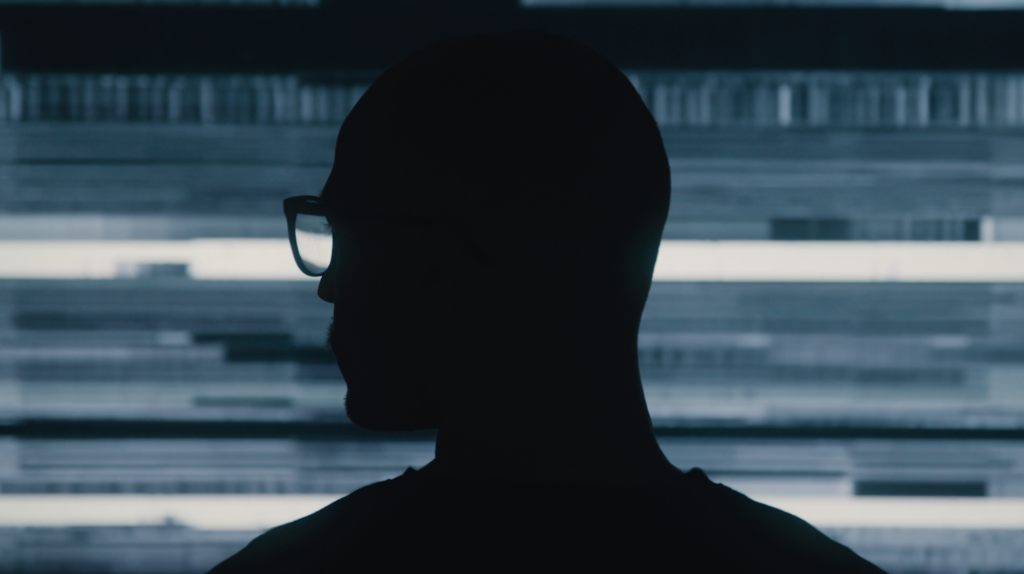
At its core, AI is a type of computer science that builds smart machines and processes that are capable of performing tasks that normally would require human intelligence.
AI uses data inputted to mimic human cognitive functions, which allows it to identify patterns, interpret equations and speech, and even to play games and create artwork.
AI systems typically use a process called machine learning to improve their ability to complete a task based on trial-and-error.

It is important to note that the AI systems you’ve likely become familiar with (Siri, Alexa, ChatGPT, etc.) are what’s known as weak AI systems. This means that these systems operate within a limited context and are only directed towards specifically-defined tasks and problems.
Strong AI systems, such as the ones you’ve probably seen in Sci-Fi movies and shows, don’t exist – yet. These types of artificial intelligence systems would be able to solve problems that they’ve never actually been trained to work on, and would have a complete set of cognitive abilities.
Here’s a cool way to think about the two: weak AI has the ability to interpret the world around it, but strong AI has the ability to understand it.
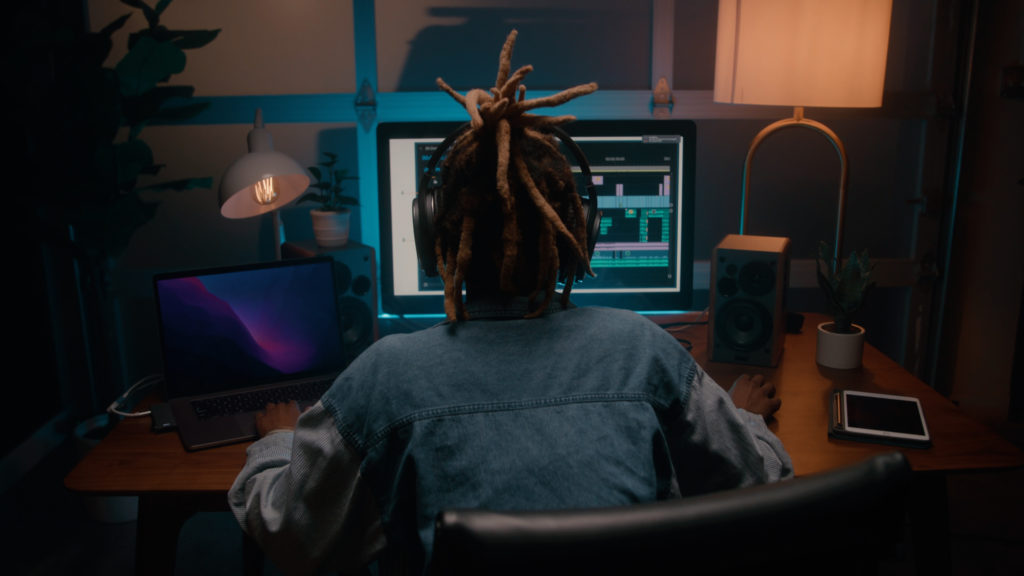
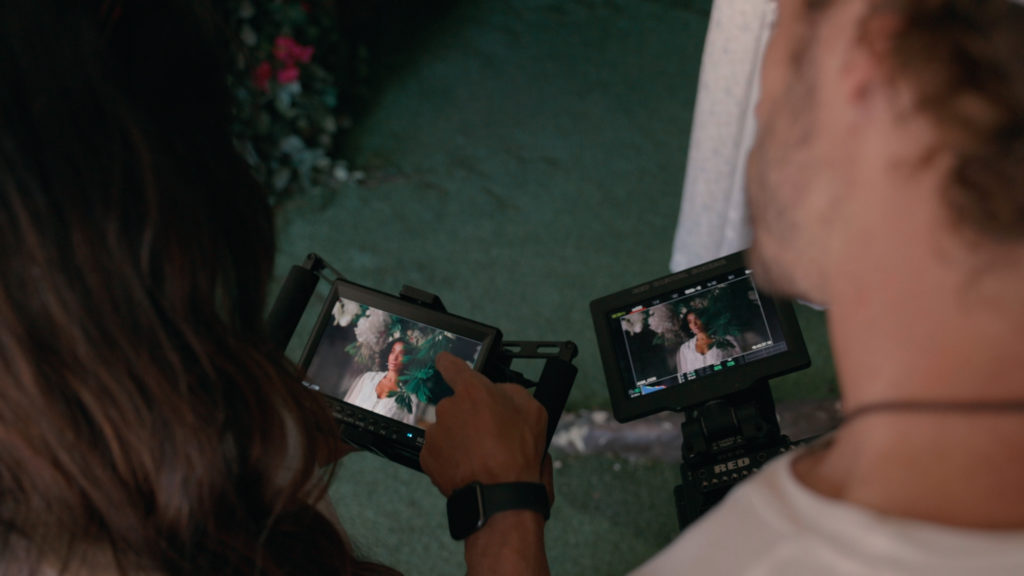
I strongly believe that AI advancements present a fantastic opportunity for filmmakers and video creators, rather than a threat.
First of all, you probably already use some degree of AI in your workflow (motion tracking, chroma keying, subtitle transcription, and warp stabilization are some prominent examples in Adobe Premiere).
AI has the ability to do the most time-consuming and mundane tasks for you via automation, so you can spend more time focusing on other areas of your project, such as color grading, special effects, or sound design.
If you can stay on top of the newest tools and incorporate them into your editing process, your video creation abilities will expand, rather than suffer, and your content creation business will be better for it.
You can even use existing artificial intelligence systems in more unconventional ways, such as creating social media posts and blogs (don’t worry, this blog was actually written by me) to help market your services.

AI systems that create “artwork” using prompts are impressive, but here’s the thing about them: they need to learn and get their source data from somewhere.
Sure, I could prompt an AI engine to create artwork for me, but that engine is still relying on my prompt (determined by my own human discretion and experience) and on source material (determined by whatever raw assets are available to that particular system).
An audio engine might be able to hash together an AI-generated music track, but it would still be up to my human brain to provide the right prompts for mood, tempo, instruments, style, etc.
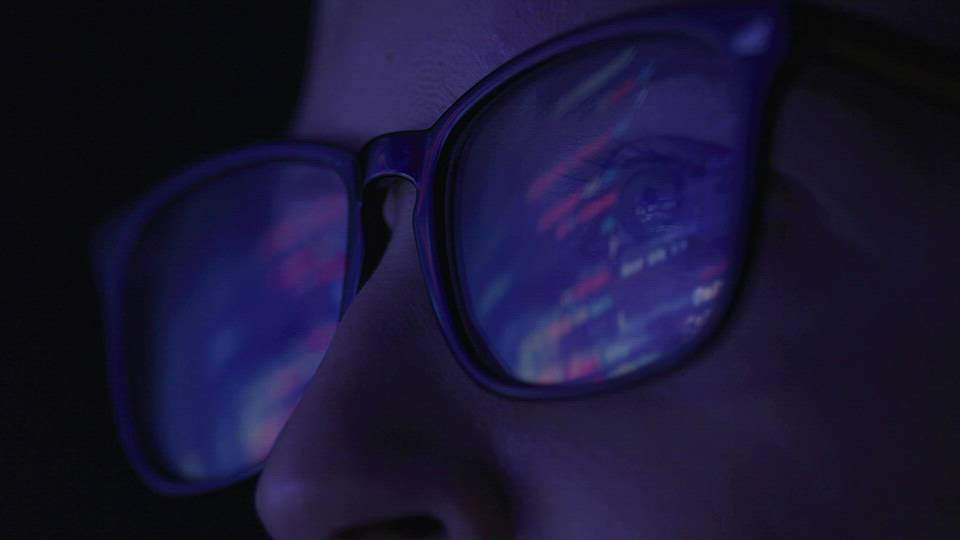
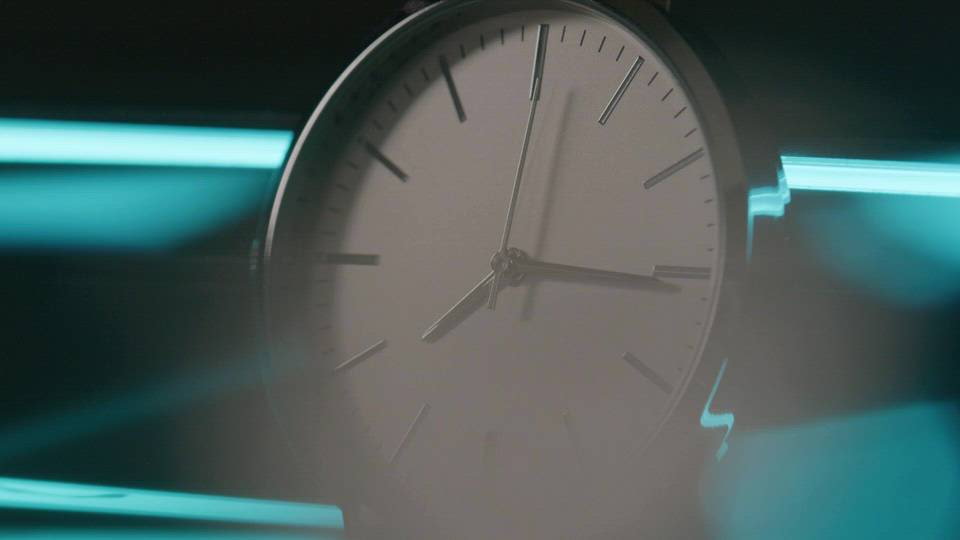
Gary Vaynerchuk recently made this observation about artificial intelligence: “AI is disrupting the commodity of execution, not the ideation behind it…AI might be disrupting the execution of certain tasks, but that just makes the ideas and creativity behind those tasks all the more important.”
And I agree with him. AI is going to make it much, much, much easier to do certain tasks within the video production and editing world. But you, the creative, will always be the one defining and prompting the tasks in the first place, and that value will never go away.
The truth is, new technology doesn’t care whether or not you like it. History tells us that it’s going to continue to advance, regardless of your opinion.
The future of video production will inevitably be intertwined with AI.

So, if you find yourself worrying that AI will someday be capable of doing your job, it’s time to put yourseIf in a position to understand the technology and use it as a tool. And there’s a very real possibility that AI will create a new type of job for you in your industry, one that will probably pay better.
If you’re willing to find innovative ways to use this new technology before your competition does, then the advancement of artificial intelligence systems is a positive development for you and your career.
Kevin Graham is the Music Director at Filmpac.

One of the most difficult parts of being a professional filmmaker is effectively managing and budgeting your time.
Continue Reading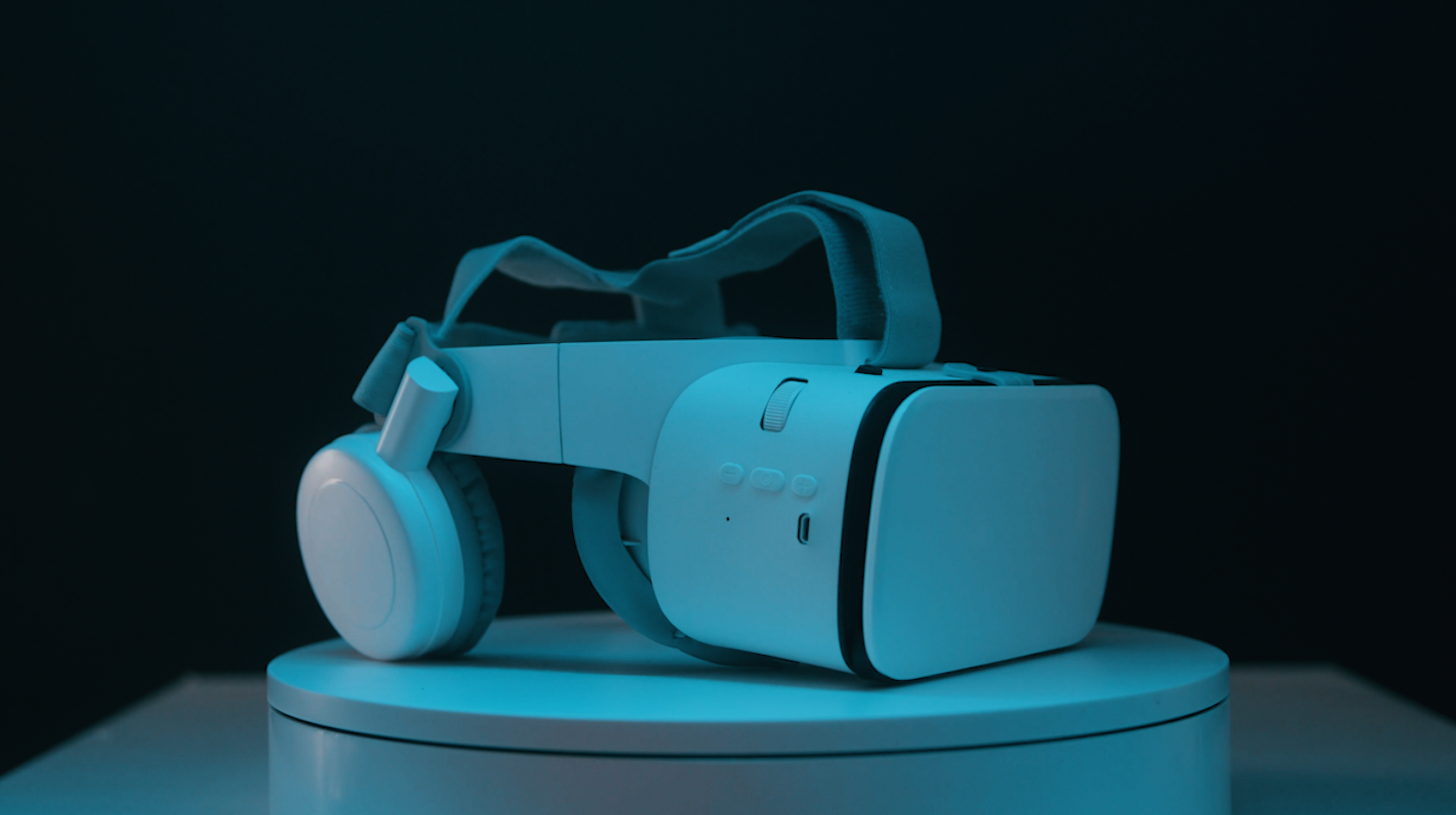
Virtual reality could be the biggest shift in the way we consume our content since the proliferation of the smartphone.
Continue Reading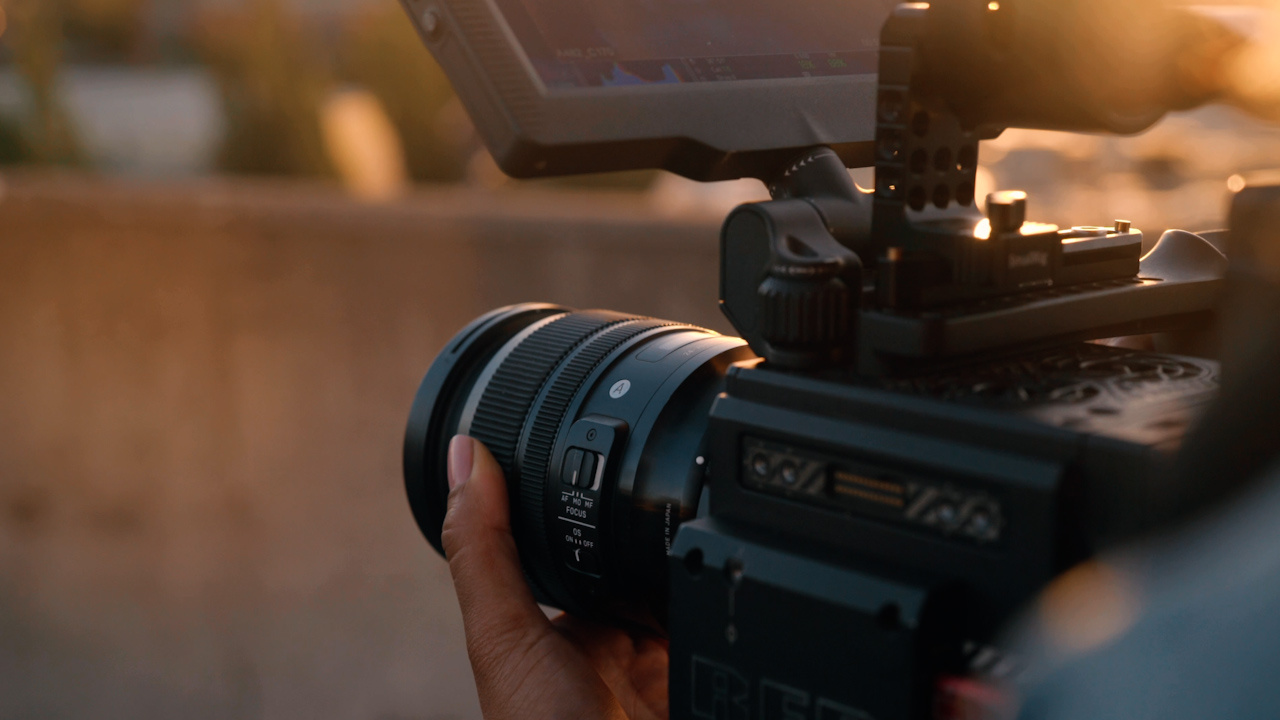
Will iPhone cameras ever actually replace high-quality digital cameras, or is that just more fear-mongering on the internet?
Continue Reading
Things move fast in the current video content production world, in terms of both trends and available technology. So where is 8k video?
Continue Reading

One of the most difficult parts of being a professional filmmaker is effectively managing and budgeting your time.
Continue Reading
Want to make money selling footage through a major stock footage platform like Filmpac? This page will walk you through the processs.
Continue Reading
Virtual reality could be the biggest shift in the way we consume our content since the proliferation of the smartphone.
Continue Reading